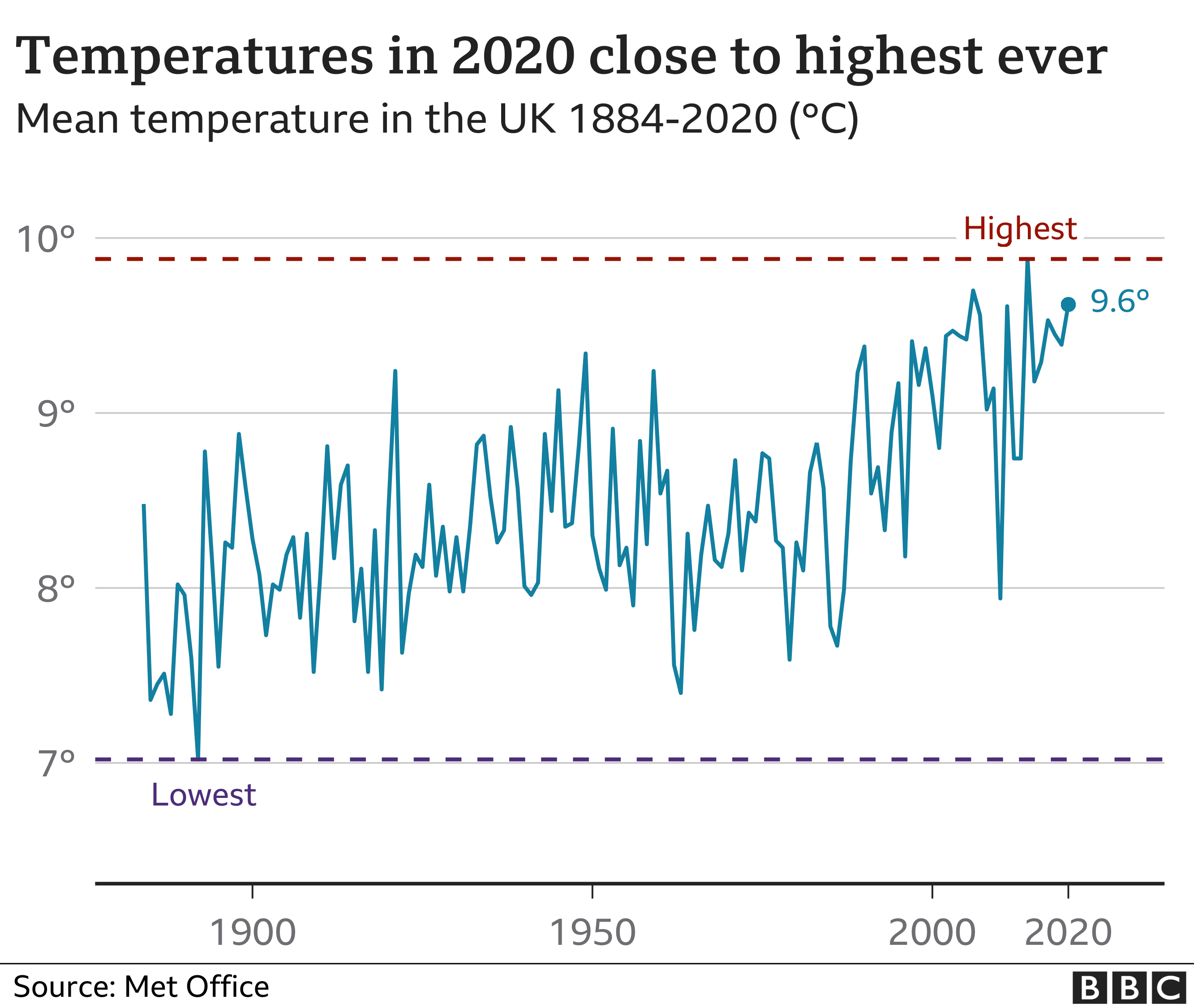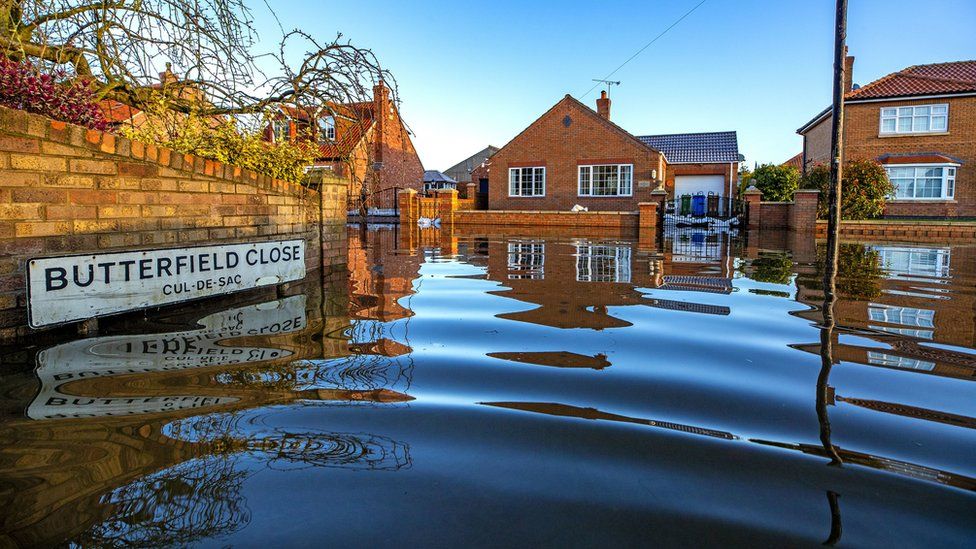Science editor
BBC Climate
Earlier this year in Germany, dozens of people died in floods.
"That will happen in this country sooner or later" unless the UK becomes more resilient to increasingly violent weather, the agency concludes.
Emma Howard Boyd, chair of the agency, said: "It is adapt or die."
The apocalyptic tone is deliberately intended to startle governments, companies and communities into preparing for global warming effects such as higher sea levels and more extremes of rainfall and drought.
The new report, seen by the BBC ahead of its publication on Wednesday, assesses the country's readiness to cope with the many different risks of climate change.
In its response, environment department Defra said it was taking key measures to protect the UK from the effects of global warming.

We are currently heading for an increase in the global average temperature of just under 3C by the end of the century.
But the agency projects that even a smaller rise of 2C would have severe consequences:
Winter rainfall up by 6% by the 2050s and 8% by the 2080s (compared with 1981-2000)
Summer rainfall down by about 15% by the 2050s
London's sea level up by 23cm by the 2050s and 45cm by the 2080s
By the 2050s, peak river flows could be up 27% while summer flows could be down as much as 82%
An extra 3.4 billion litres of extra water needed every day before 2050, on top of the 15 billion used now
According to Ms Howard Boyd: "We can successfully tackle the climate emergency if we do the right things, but we are running out of time to implement effective adaptation measures.
"Some 200 people died in this summer's flooding in Germany. That will happen in this country sooner or later, however high we build our flood defences - unless we also make the places where we live, work and travel resilient to the effects of the more violent weather the climate emergency is bringing."
COP26 climate summit - The basics
Climate change is one of the world's most pressing problems. Governments must promise more ambitious cuts in warming gases if we are to prevent greater global temperature rises.
The summit in Glasgow is where change could happen. You need to watch for the promises made by the world's biggest polluters, like the US and China, and whether poorer countries are getting the support they need.
All our lives will change. Decisions made here could impact our jobs, how we heat our homes, what we eat and how we travel.

No comments :
Post a Comment